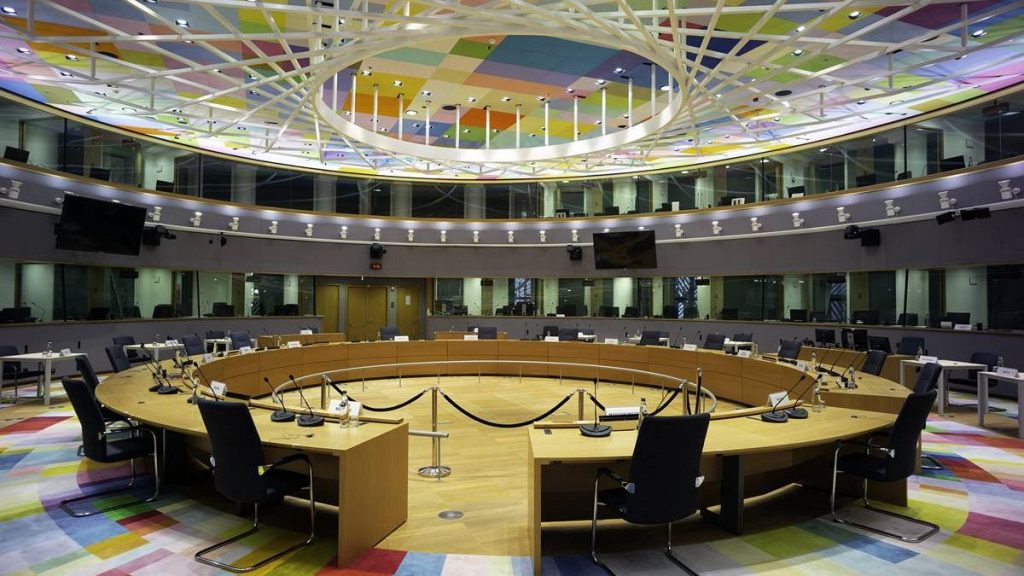EU ambassadors have postponed a vote on a regulation regarding child sexual abuse material due to significant disagreements among member states. The proposed regulation would require encrypted messaging services to include surveillance technology that scans all users’ images, but some countries, such as France, are concerned it could compromise the integrity of encrypted communications. The regulation would need support from more than half of the countries representing at least 65% of the EU population to be accepted. The presidency decided to withdraw the item and continue consultations, with further meetings scheduled to discuss the issue. The European Commissioner for Values and Transparency has acknowledged that breaking encryption may be necessary for the regulation, though this contradicts statements by the European Commissioner for Home Affairs, who claims the regulation is technology neutral.
The delay in the vote highlights the challenges of reaching a consensus among EU member states on issues related to online child protection and encryption. While the proposed regulation aims to better protect children from despicable crimes, concerns have been raised about the potential impact on the privacy and security of encrypted communication services. The disagreement between EU commissioners on whether breaking encryption is necessary for the regulation further complicates the decision-making process. The need to balance the protection of children with the preservation of privacy and security in online communications remains a key issue for policymakers.
The debate over the regulation reflects broader discussions within the EU about how to address the growing threat of online child sexual abuse material. While there is a collective commitment to protecting children and preventing harmful content from circulating online, finding consensus on the best approach to achieve these goals is challenging. The differing perspectives among member states on the use of surveillance technology and encryption highlight the complexity of balancing security and privacy in the digital age. The delayed vote indicates that further discussions and negotiations will be needed to address these concerns and reach a compromise.
The decision to postpone the vote on the regulation suggests that more time and effort are required to address the concerns and disagreements among member states. The EU Council remains committed to finding a position that will protect children from online exploitation while also respecting the need for secure and private communications. It is likely that further consultations and discussions will be scheduled to facilitate dialogue and reach a consensus on the regulation. The ongoing efforts to balance competing interests and perspectives demonstrate the complexity of policymaking in the digital age and the importance of considering diverse viewpoints in decision-making processes.
The involvement of multiple EU commissioners in the discussions highlights the need for a coordinated and coherent approach to addressing the issue of online child protection. The differing views on breaking encryption for the regulation underscore the challenges of reconciling competing priorities within the EU institutions. The conflicting statements from EU commissioners reflect the complexity of regulatory decision-making and the need for clear and consistent communication on policy proposals. Moving forward, it will be essential for EU institutions to work together to clarify the objectives and implications of the regulation and ensure a united approach to addressing online child sexual abuse material.
In conclusion, the postponement of the vote on the child sexual abuse material regulation underscores the complexities and challenges of policymaking in the digital age. The disagreements among EU member states and commissioners highlight the need for further dialogue and negotiations to address concerns about privacy, security, and child protection. As discussions continue, it will be crucial for EU policymakers to engage in open and transparent communication, consider diverse perspectives, and work towards a consensus that effectively balances the need to protect children with the importance of upholding privacy and security in online communications.


